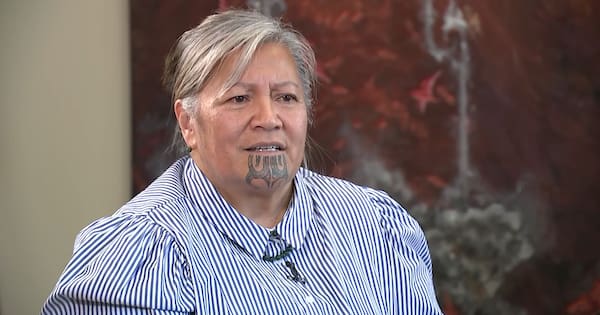If you’re applying for jobs and keep missing out, recruitment experts say there are some common mistakes you might be making.
Unemployment increased this week, to 5.2% — and the underutilisation rate reached 12.8%.
It’s a tough environment to be looking for a new role.
Career consultant Merrie McDougall told RNZ people who were job hunting should make sure their CVs were fit for purpose.
She said applicant tracking software had become widely used in the past five years.
This would look at key words and phrases in an applicant’s CV and match them to the job advertisement.
“If you don’t have that match, you’re never going to get to the next stage… it’s as simple as that.”
She said the software would also only read the first two pages, and often could not process blocks of colour.
She recommended a “simple word doc”. But she said paper copies were no longer necessary.
Hayley Pickard, founder of Fortitude Group, said even though someone might be applying for large numbers of jobs, they should not use a generic resume and cover letter.
“In a recession, employers are flooded with applications. Generic materials don’t stand out.”
Each application should be tailored to the job description, highlighting a person’s most relevant skills and achievements, she said.
Pickard said people also shouldn’t apply for anything and everything. “You appear unfocused or desperate… apply only to jobs where you meet at least 70% to 80% of the requirements and can add value.”
But applicants should consider what transferable skills they might have and not limit themselves to jobs that were the same as those they had held before, she said.
Pickard said any long gaps in employment in a CV would need to be addressed. “Recruiters may assume the worst.”
It was a good idea to “briefly and honestly” explain them and emphasise what you did during that time, whether it was freelancing, volunteering or more study, she said.
Most jobs would be filled through referrals in tight job markets, Pickard said. Contacting former colleagues could help, as would taking up any networking opportunities.
She said people should not give up after a few rejections.
“Job searches during a recession can take longer and require persistence. Track your application, follow up, learn from rejection and stay consistent. Treat job hunting like a job itself.”
She also recommended people applying for jobs tidy up their online presence so that their LinkedIn profiles matched their resumes and highlighted their accomplishments.
rnz.co.nz









